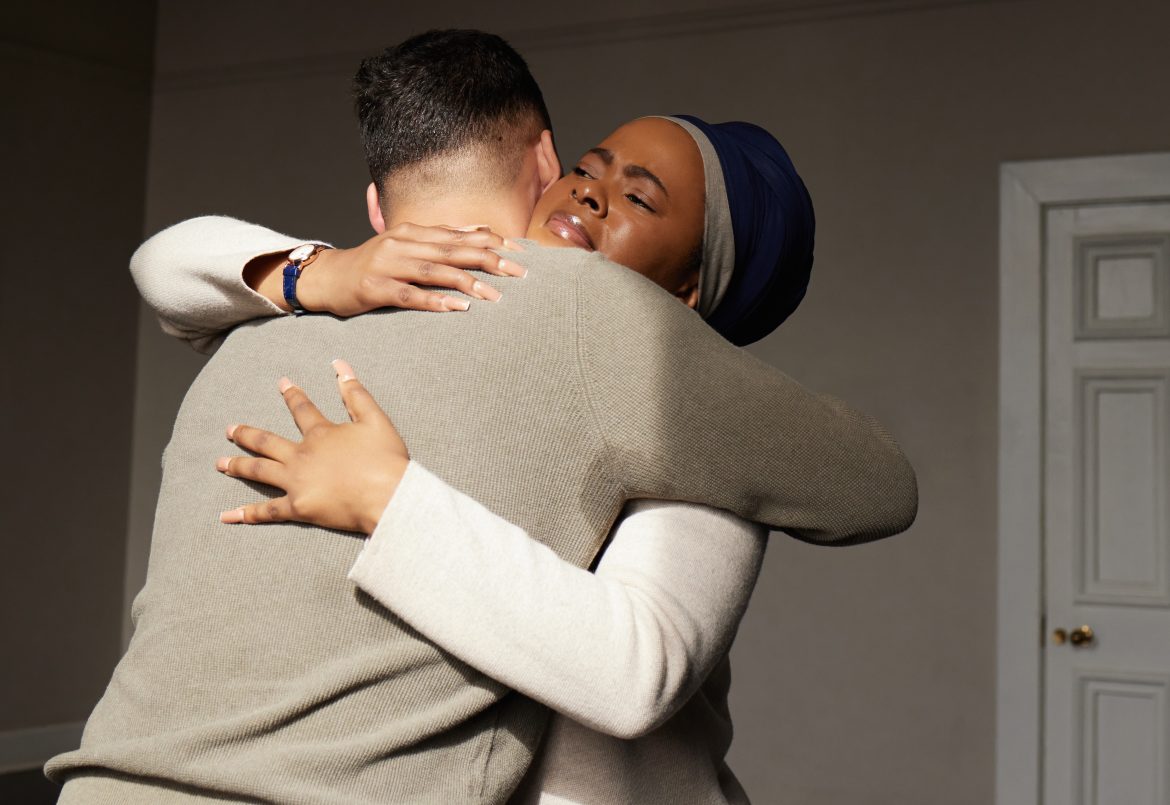Why Forgiveness Is the Most Courageous Gift You Can Give Yourself
Introduction: The Power of Forgiveness in a Wounded World
Forgiveness is often misunderstood as a soft or passive act—something reserved for saints or spiritual gurus. But in reality, it’s one of the boldest and most liberating steps anyone can take. Whether it stems from childhood trauma, broken relationships, or personal betrayals, resentment can feel justified. Yet, it often imprisons the one holding the grudge more than the one who caused the pain. The transformative power of forgiveness lies not in forgetting, but in freeing ourselves from the bitterness that keeps us bound.
Understanding the Weight of Pain
Childhood experiences and family dynamics often lay the foundation for how individuals perceive forgiveness. When someone is raised in an environment marred by neglect or addiction, it can foster a deep sense of resentment. A child might grow up feeling abandoned, especially if a parent’s substance use or emotional absence takes precedence over nurturing care. This leads to a painful conclusion: “They chose their addiction over me.”
However, as adults, it’s important to acknowledge the complexity of such behaviors. Addiction, for instance, may have roots in trauma, genetics, or mental health struggles. Understanding this doesn’t excuse the harm but provides a wider lens to view the offender’s humanity—and possibly their suffering.
Defining Forgiveness: Letting Go Without Letting Off the Hook
Forgiveness is often confused with reconciliation, condoning, or forgetting. But true forgiveness, as described by author R.T. Kendall in Total Forgiveness, is something much deeper. It means no longer desiring revenge or punishment for the person who caused pain. It involves letting go of the hope that the offender will “get what they deserve.”
This shift doesn’t mean the offense is minimized or that emotional wounds are healed instantly. Rather, it signifies a courageous decision to stop reliving the hurt. Forgiveness is the moment someone says, “I will no longer carry this bitterness.” In doing so, the burden of vengeance is lifted, and healing can truly begin.
The Poison We Drink Ourselves
There’s a powerful metaphor often used when discussing unforgiveness: holding onto resentment is like drinking poison and expecting the other person to die. Anger and bitterness, when left unchecked, seep into every area of life. They distort relationships, hinder joy, and keep emotional wounds open. Many people remain emotionally stuck, constantly revisiting the same pain, retelling the same story, and reliving the same disappointment.
In contrast, those who choose to forgive often find clarity, peace, and even joy. The act of forgiveness breaks the cycle. It becomes the key that unlocks the prison—one often built for someone else, but which ends up confining the person holding the key.
Steps Toward Forgiveness: Choosing to Be Free
The process of forgiveness can be broken into clear, albeit challenging, steps:
- Acknowledge the Pain: Ignoring or minimizing the hurt only delays healing. One must first face the reality of what happened and its emotional impact.
- Make a Decision to Forgive: Forgiveness starts as a choice, not a feeling. The heart may not immediately align, but the conscious decision to release the grudge can lead the way.
- Stop Rehearsing the Wound: Continually talking about the pain reinforces it. While processing with a therapist or confidant can be helpful, obsessively recounting the story keeps the wound fresh.
- Pray or Wish Good for the Offender: This is often the hardest step—wishing blessings for someone who caused harm. Yet it’s also a transformative one. It shifts the focus from retaliation to release.
- Repeat as Needed: Forgiveness is not a one-time event. Pain can resurface, especially when the hurt is ongoing or has left deep scars. Forgiveness might need to be practiced repeatedly until peace takes root.
Forgiveness Without Reconciliation
An important distinction in the forgiveness process is understanding that forgiving does not require reconciliation. Some relationships are unsafe or unhealthy to continue. The other person may never apologize or change their behavior. Forgiveness, in these cases, is done for one’s own well-being, not to mend a relationship. Reconciliation is optional and conditional; forgiveness is not.
Letting Go of Disappointment with God
In some cases, people carry unspoken resentment toward God, especially when they believe He could have prevented their suffering. While God is not the author of sin or harm, it’s natural to question divine inaction during times of intense pain. Acknowledging this disappointment and choosing to trust God again can be a critical part of the forgiveness journey. It allows for spiritual healing and deepens personal faith.
Conclusion: Forgiveness Is for the Brave
Forgiveness is not passive. It’s not weakness. It’s a courageous act of defiance against the bitterness that wants to define us. It’s a declaration that pain will not have the final word. By choosing to forgive, individuals reclaim their power and release themselves from emotional bondage.
This act doesn’t depend on the offender’s remorse or change. It depends solely on the choice to be free. In the end, forgiveness is the most powerful gift one can give—not to the one who caused the harm, but to oneself. Letting go isn’t about forgetting what happened. It’s about choosing not to let it control the future.
So the question becomes: What small step can be taken today to begin the journey toward forgiveness? That step, no matter how tiny, could be the most freeing move ever made.

